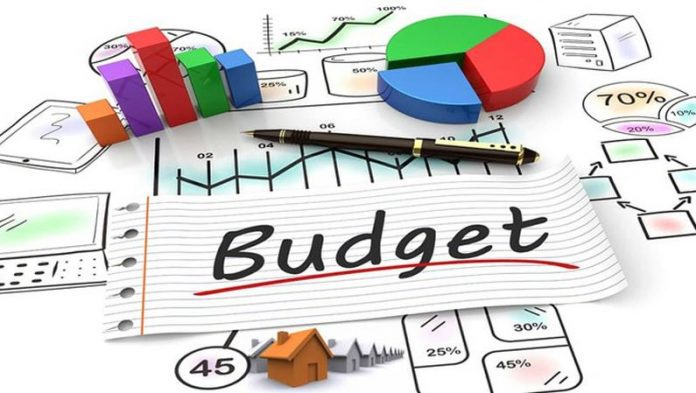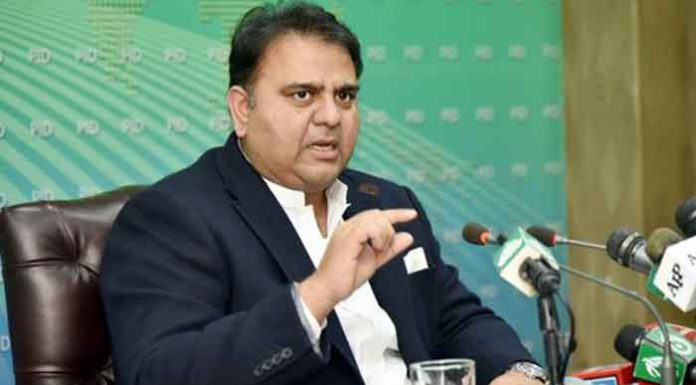Prime Minister Shehbaz Sharif has announced that Pakistan’s upcoming budget for the fiscal year 2023-24 in Pakistan will particularly focus on economic prosperity, business-friendly policies, and public welfare. This comes as the country faces challenges such as rising inflation, a balance of payment crisis, and the risk of economic default. However, Pakistan has been in talks with the International Monetary Fund (IMF) for months regarding a bailout deal, but an agreement has not yet been reached.
Economic Prosperity: Addressing Key Challenges
One of the new budget’s primary objectives is to tackle Pakistan’s current economic challenges. Moreover, Rising inflation has been a major concern for the government, impacting the purchasing power of the people. The budget aims to implement measures that curb inflation and stabilize prices, ensuring citizens’ better quality of life. Additionally, Pakistan has been grappling with a balance of payment crisis, which has put significant pressure on its foreign reserves. The budget is expected to introduce policies to increase exports, attract foreign investment, and strengthen the country’s reserves. These steps would help stabilize the economy and reduce the risk of default.
Business-Friendly Policies: Promoting Investment and Growth
Pakistan’s upcoming budget is expected to introduce several business-friendly policies to stimulate economic growth and attract local and foreign investment. Moreover, this includes simplifying bureaucratic processes, reducing red tape, and creating a favorable environment for entrepreneurs and investors. Moreover, the budget will likely offer incentives and tax breaks for businesses in key manufacturing, technology, and agriculture sectors. These measures encourage innovation, boost productivity, and create job opportunities, ultimately contributing to economic development.
Public Welfare: Improving Social Services
Pakistan’s upcoming budget is also expected to prioritize public welfare by allocating sufficient funds for essential social services. Moreover, this includes healthcare, education, and social protection programs. Investments in these sectors are crucial for human development and improving all citizens’ living standards. The healthcare sector is likely to receive increased funding, with a focus on improving infrastructure, expanding access to quality healthcare services, and enhancing emergency response capabilities. Similarly, the education sector is expected to see higher budgetary allocations to address the challenges of access, quality, and equity in education. Additionally, the government may introduce or expand social protection programs to provide a safety net for vulnerable populations. This could include initiatives targeting poverty alleviation, unemployment benefits, and support for marginalized groups.
IMF Bailout Deal: Implications for the Budget
Pakistan’s ongoing negotiations with the IMF for a bailout package will significantly impact the final shape of the budget. The IMF typically imposes certain conditions and reform measures in its lending programs. These conditions address structural issues, improve governance, and ensure fiscal discipline. While the specifics of the IMF deal are yet to be finalized, the budget is expected to incorporate reforms aligned with the lender’s requirements. These reforms may involve fiscal consolidation measures, tax reforms, and enhanced transparency and accountability in public spending.
Read More: Pakistan’s inflation hit a new record at 38 percent in May 2023.
Conclusion:
Pakistan’s upcoming Budget fiscal year 2023-24 promises to address key challenges, promote business-friendly policies, and improve public welfare Focusing on economic prosperity, the government aims to tackle rising inflation, the balance of payment crisis, and the risk of financial default. By introducing measures to attract investment, stimulate growth, and enhance social services, the budget seeks to create a more favorable environment for businesses and improve the standard of living for the people of Pakistan. However, the outcome will depend on successfully negotiating an IMF bailout deal and the subsequent reforms that may be required to stabilize the economy.
How useful was this article?
Please rate this article
Average rating / 5. Vote count:










































